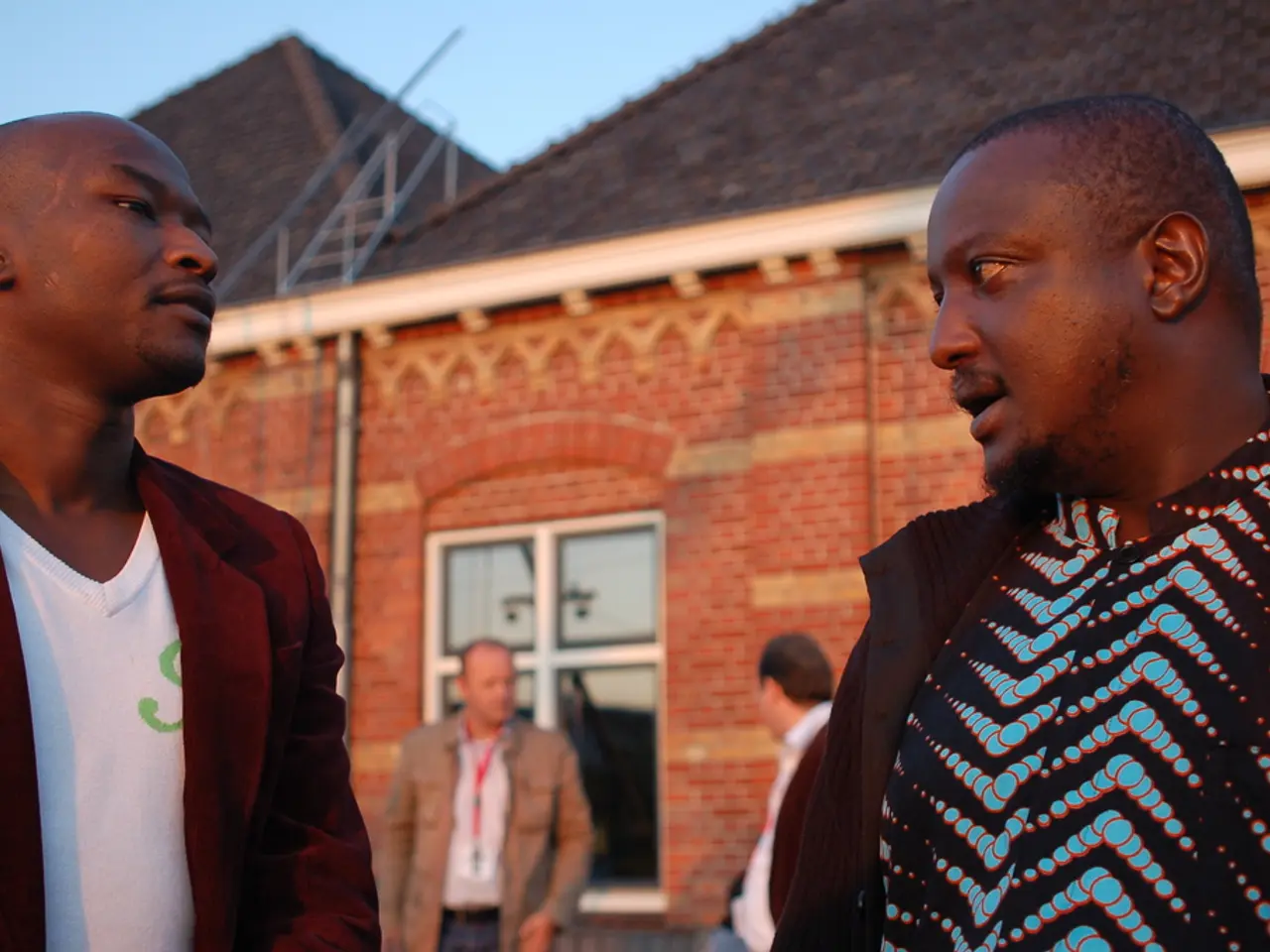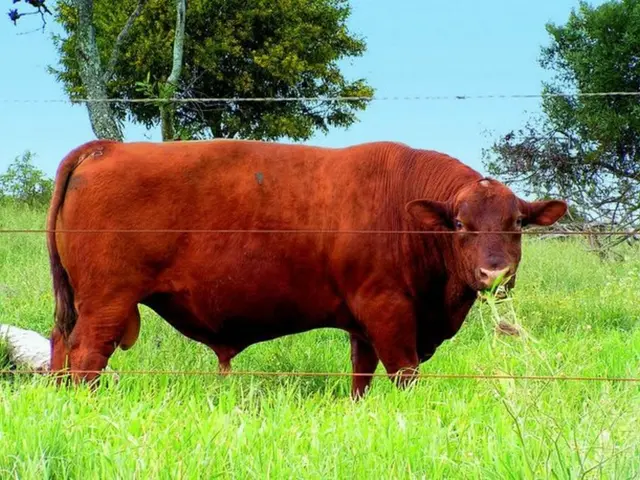Escalating Conflict between Somalia and Jubaland: Worry of Refugee Surge as Kenya Issues Warning Against Siding Choices
The Gedo region in Somalia has become a battleground between the Federal Government and the Jubaland administration, causing thousands of Somalis to flee their homes and seek refuge in Mandera East Sub-County, Kenya. This influx of refugees has placed significant strain on local support systems and vulnerable households.
The United Nations High Commissioner for Refugees (UNHCR) has been responsible for accommodating these refugees, who left schools last week to create space for learning activities. Over 5,000 refugees agreed to vacate schools in Mandera County, allowing learning activities to resume in the three schools - Barwaaqo Secondary School, Shafshafey Secondary School, and Duse Primary School.
The refugees crossed over into Mandera County last month due to violent conflicts between forces of the Federal Government of Somalia and those loyal to the Jubaland administration. The conflict has created concerns about a potential humanitarian crisis and renewed Al Shabaab threats in Kenya.
The refugees were given two options: register as refugees and be taken to camps, or return to Somalia. However, many refugees refused to register and decided to return to Somalia, with some being accommodated by their Kenyan cousins.
The conflict in Somalia has been ongoing, with the federal government pushing for federal member states to participate in elections. However, the leader of Jubaland, Madobe, has been in power for 14 years and was re-elected in November 2024 with 55 votes out of the total 75 votes cast by Jubaland legislators. Madobe has accused President Hassan of using military force to destabilise Jubaland and provoke civil war in the region while at the same time disrupting efforts to combat Al-Shabaab.
Opposition leader Dr Ali has blamed Madobe for the war in Beled-Hawa, claiming it is Jubaland forces who initially took pre-emptive attacks against federal forces. The conflict in Beled-Hawa has already claimed the life of Colonel Hussein Giif, the Jubaland police chief for Gedo, and several Jubaland soldiers have been killed or injured.
Kenya has aligned its strategy with Mogadishu, acknowledging that stability cannot be achieved under the current leadership in Kismayo, which is considered to be Jubaland's capital city. Jubaland's financial and political support has eroded, with the suspension of federal funding depriving Jubaland of essential resources, and international partners starting to disengage and channel aid and political collaboration through Mogadishu.
In his acceptance speech, Madobe emphasised the need for continued reconciliation among the people of Jubaland and reiterated that since 2013, his administration has faced serious opposition, including armed violence. The federal government wants federal member states to participate in the elections, but Madobe is not interested. The Somali Federal Government is pushing for universal suffrage set for this year, and Madobe's rivals in the presidential race have rejected the elections.
The situation remains tense, with the potential for further displacement of Somalis and the continued strain on local support systems in Mandera County, Kenya. The international community continues to monitor the situation closely and calls for a peaceful resolution to the conflict in Somalia.
Read also:
- ICE directed to enhance detention conditions following NYC immigrants' allegations of maltreatment
- Israeli finance minister issues warnings about potential annexation of West Bank territories
- United States faces rebuttal from South Africa over allegedly deceitful human rights report and assertions of land expropriation
- Accident at Rodalben Results in Injuries; Geoskop Area near Kusel Affected After Stormy Weather




